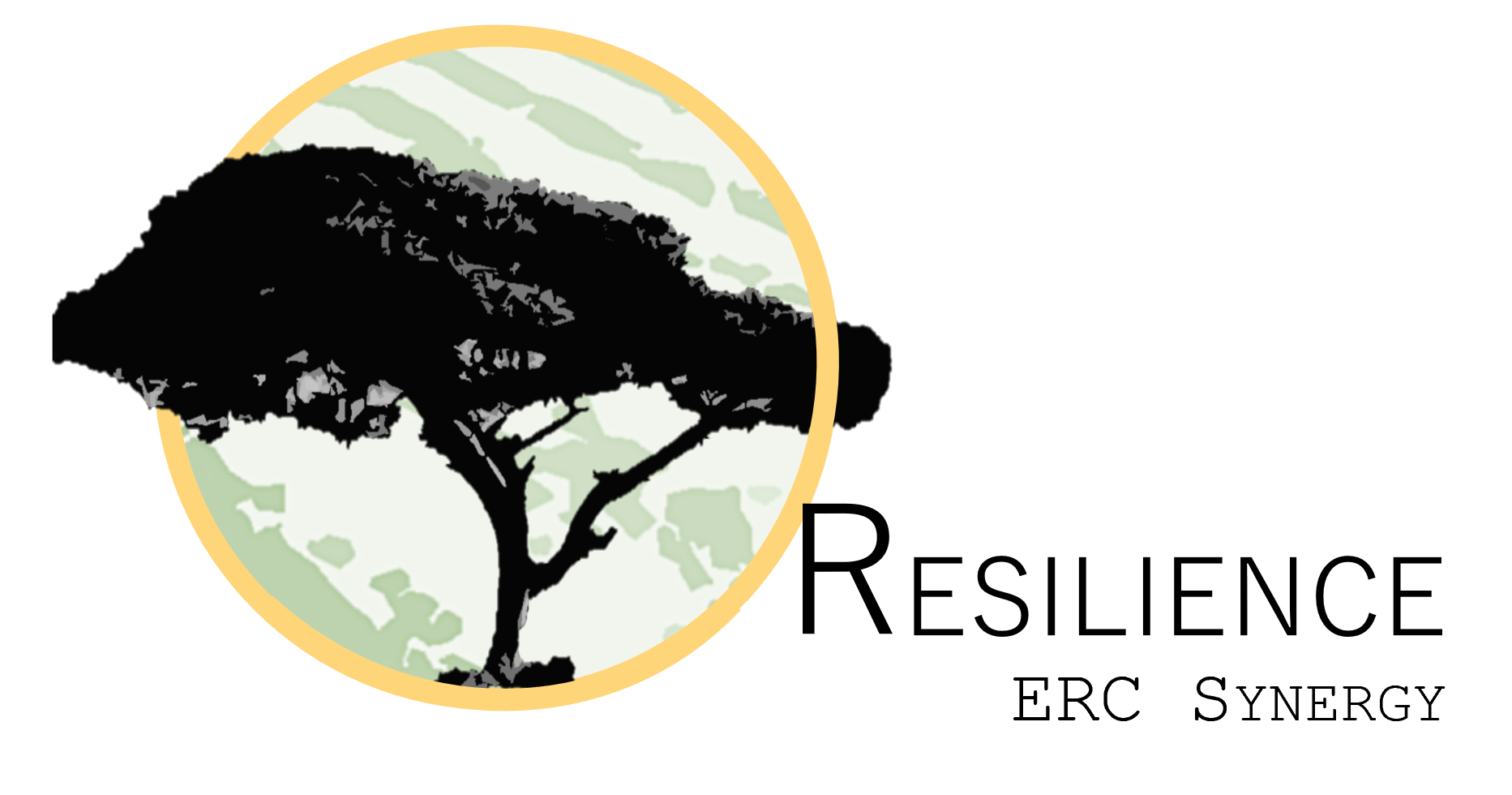2 Postdoc positions: Savanna spatial community assembly (1.0 FTE)
Host
Utrecht University, The Netherlands
Job description
There is an urgent need to understand the effects that global change can have on the Earth, its system components and ecosystems. One area of critical concern is the imminent abrupt and irreversible critical transitions of ecosystems through tipping points. Recent discoveries indicate that such tipping could be evaded and even reversed in ecosystems through spatial pattern formation, thereby creating pathways of resilience. For our ERC-Synergy project Pathways of resilience and evasion of tipping in ecosystems (RESILIENCE) we are searching for two self-motivated postdoc candidates with a strong scientific background in the field of mathematics, ecology, environmental sciences or physics, preferably spanning two of the disciplines, and with excellent English language skills.
The aim of RESILIENCE is to fundamentally advance our understanding and predictions of tipping points and critical transitions in ecosystems and reveal how these can be evaded and even reversed through spatial pattern formation. RESILIENCE will develop a new theory for emerging resilience through spatial pattern formation and link this with real tipping-prone biomes undergoing accelerating global change: savanna and tundra. The candidates will benefit from the expertise of the four Principal Investigators (PIs) in the RESILIENCE project: Max Rietkerk, an ecologist at Utrecht University, Arjen Doelman, a mathematician at Leiden University, Ehud Meron, a physicist at Ben-Gurion University, and Isla Meyers-Smith, an ecologist at the University of British Columbia.
In these two postdoc projects Savanna spatial community assembly at Utrecht University, you will analyze existing and collect new spatial-temporal data on vegetation community composition from African forests to open savannas. This is to test the hypothesis that community re-assembly along with spatial pattern formation can evade forest-savanna-woodland tipping. You will work in a team through a joint approach, in close collaboration with PhD’s, other postdocs and (senior) researchers from the different involved universities. You are expected to take initiative and a facilitating role in establishing and maintaining close collaborations between the different universities involved, and with the additional existing collaboration networks, as well as a mentoring role towards the collaborating PhD’s.
Qualifications
The ideal candidate has a relevant PhD degree and a background and proven interest in environmental sciences, biology or ecology, preferably spanning those disciplines, and experience in field work, data collection and spatial data analysis, and programming (e.g. Matlab, Python). The project is interdisciplinary and affinity with or interest in working in an interdisciplinary environment is important.
Offer
You will be offered a temporary postdoc position (1.0 FTE), initially for one year with an extension to a total of three years upon a successful assessment in the first year. The gross salary ranges between €3226 and €5090 (scale 10 according to the Collective Labour Agreement Dutch Universities) per month for a full-time employment. Salaries are supplemented with a holiday bonus of 8% and a year-end bonus of 8.3% per year.
In addition, Utrecht University offers excellent secondary conditions, including an attractive retirement scheme, (partly paid) parental leave and flexible employment conditions (multiple choice model). For more information, please visit working at Utrecht University.
About the organization
A better future for everyone. This ambition motivates our scientists in executing their leading research and inspiring teaching. At Utrecht University, the various disciplines collaborate intensively towards major strategic themes. Our focus is on Dynamics of Youth, Institutions for Open Societies, Life Sciences and Sustainability.
Utrecht University’s Faculty of Geosciences studies the Earth: from the Earth’s core to its surface, including man’s spatial and material utilisation of the Earth – always with a focus on sustainability and innovation. With 3,400 students (BSc and MSc) and 720 staff, the faculty is a strong and challenging organisation. The Faculty of Geosciences is organised in four Departments: Earth Sciences, Human Geography & Spatial Planning, Physical Geography, and Copernicus Institute of Sustainable Development. The faculty is located at Utrecht Science Park.
The positions are embedded at the Copernicus Institute of Sustainable Development, in the Environmental Sciences group. The Copernicus Institute is the scientific institute for sustainability research and teaching of Utrecht University. The mission of the Environmental Sciences group is to understand the interactions between terrestrial ecosystems and global environmental change.
Additional information
For more information about this position, please contact prof. Max Rietkerk (Professor Spatial Ecology and Global Change) via m.g.rietkerk@uu.nl or Dr. Mariska te Beest (Associate Professor Systems Ecology and Conservation) viam.tebeest@uu.nl.
Apply
Everyone deserves to feel at home at our university. We welcome employees with a wide variety of backgrounds and perspectives.
To apply, please send your curriculum vitae, including a letter of motivation via the ‘APPLY‘ button. NOTE: Direct applications via email are not appreciated.
The application deadline is 20th of March, 2024. The application procedure is organised via Utrecht University as project coordinator.

